Dealing With Arthritis Pain?
Take action to ease it. Here’s what you can do: Get enough rest. Exercise, eat a healthy, well-balanced diet and learn the right way to use and protect your joints.
Proper shoes and a cane can help. Have the cane fitted by a professional. Don’t borrow one from a friend.
There are also gadgets to help open jars and bottles or to turn the doorknobs. Try a heating pad or cold pack or soaking in a warm bath or swimming.
Smart Everyday Ideas
- While sitting, adjust your position frequently. Tilt your neck from side to side. Bend and stretch your legs.
- Pace yourself. Take breaks from your daily activity.
- Try gentle exercise in the evening and you will feel less stiff in the morning.
- See a physical therapist to help you develop an exercise program that’s right for you.
AW Health Care physical and occupational therapists are trained to work with seniors experiencing pain with daily activities. You can be helped right in your home. Your doctor can call AW Health Care and approve a therapist to develop an effective home exercise program. (314) 330-7992
Spring Has Sprung
It’s a wonderful time of year, but April showers do appear. On rainy days, stay indoors and exercise your brain. Do a crossword puzzle, read a book, play cards or bingo, join with others and play a board game or make a phone call to a friend or family member. You might want to learn something new. Watch a video and learn some yoga, start a craft project or puzzle, watch an old movie or try some genealogy research.
Occupational Therapy
April is Occupational Therapy Appreciation Month. People living with arthritis often have trouble with day-to-day activities. Occupational therapy teaches people how to work within their limitations so they can live as independently as possible. Occupational therapists help the arthritis patient increase or preserve mobility. That way people can perform daily living activities such as self-care, home management, leisure and social participation without pain.
Smart Moves
If you have osteoarthritis (OA), you may be thinking that exercise would harm your joints and cause more pain. This is not true. Research has shown that people can and should exercise when they have osteoarthritis. Exercise is the best and most effective non-drug treatment for pain reduction and improved mobility. People with osteoarthritis can benefit particularly from walking and aquatic (water) exercises. Your joints will feel better after a good walk. Walking also improves circulation which wards off heart disease, lowers blood pressure and strengthens the heart. Walking also increases muscle tone and lowers the risk of bone fractures by slowing the loss of bone mass.
Exercise will help you improve your health and fitness without hurting your joints. Along with your current arthritis treatment program, exercise can:
- Strengthen the muscles around your joints
- Help you maintain bone strength
- Give you more strength and energy to get through the day
- Make it easier to get a good night’s sleep
- Help you control your weight
- Make you feel better about yourself and improve your sense of well-being
Know Your Exercises
- Range of motion exercises allow your joints to go through the full motion they are designed to achieve. These include gentle stretching. Done regularly, range of motion exercise help with joint flexibility.
- Aerobic, or endurance exercises strengthen the heart and lungs. These include walking, jogging, bicycling, swimming and using the elliptical machine. Aerobic exercises reduce fatigue, build stamina and burn calories to help with weight control.
- Strengthening exercises improve muscle strength, necessary for good joint support. Examples are weight training, using resistance bands and walking up hills
What is Aquatic Therapy?
Aquatic exercise is helpful for people just beginning to exercise, as well as those who are overweight. Aquatic exercise is performed in water about shoulder height. The water takes the pressure of body weight off the hips and knees in particular, while providing resistance for the muscles. Aquatic exercise relieves pain and improves daily function.
Comparing Pain Meds for Osteoarthritis
Exercise and weight loss is the best way to combat the pain of osteoarthritis (OA). However, there are methods too, to alleviate pain. These include topicals, pills and joint injections.
Topicals
Topicals come by prescription liquids (Pennsaid) and patches (Flector). A gel (Voltaren) is now available over-the-counter without a prescription. Studies have shown that topicals can relieve pain, including knee pain, but with fewer side effects.
Pills
- Non-Steroidal Anti-Inflammatory Drugs
- Non-steroidal anti-inflammatory medicines (NSAIDs) are the most effective oral medicines for OA. These are ibuprofen (Motrin, Advil), naproxen (Aleve) and diclofenac (Voltaren, others). All work by blocking enzymes that cause pain and swelling.
- NSAIDs block enzymes that are important to help your blood clot and protect the lining of your stomach. Without these enzymes you can bruise easily, develop ulcers and even bleed in your intestines. NSAIDs also increase your chance of heart attack, stroke and heart failure. The longer you use NSAIDS and the more you take increases your chance of getting these problems. Celecoxib (Celebrex) is an NSAID you may have heard of. It is less likely to cause gastrointestinal bleeding, but it can cause heart problems. Talk with your doctor to weigh the risks and benefits for you.
Acetaminophen
Acetaminophen (Tylenol, others) has been recommended for years but recent studies suggest that it does not help much with OA pain. Both the American College of Rheumatology (ACR) and the Arthritis Foundation (AF) do not recommend acetaminophen unless you cannot take NSAIDs. Too much acetaminophen can harm your liver, so use as prescribed.
Joint Injections
Corticosteroids
- Corticosteroid injections reduce swelling and provide pain relief for a few days, or possibly months. But side effects can occur, and you can only get the shots three or four times a year.
Hyaluronic Acid
- Hyaluronic acid (HA) acts like a fluid to lubricate your joints. Research is mixed on whether it really helps pain. It’s up to you and your doctor to discuss and decide.
Other injections
- Platelet-rich plasma (PRP) and stem cells injections have recently become popular. These are not well-standardized yet and their effectiveness is not yet proven.
Source: Arthritis Foundation
Get Gardening. The Weather Is Great!
Even if you live in an apartment, you can start a small garden with a few containers, potting soil, and small starter plants. If your apartment has a balcony or patio, that’s even better! Start your containers out there. Gardening enriches your life…mentally, physically and spiritually.
Clutter Busting
This is a good time of year to clean up the clutter around your home. During the winter, clutter may have accumulated. Clutter can create a “trip and fall” hazard so it’s a good idea to clean up and get organized.
“I am having trouble managing my household chores.”
Sometimes a chronic condition like arthritis can keep you from doing the things you would like to do. Call AW Health Care for help. Our caregivers are wonderful at light housekeeping and can help you organize your pantry, read your mail and prepare for Passover or Easter, or clean up after all the celebrations. We are experts at senior care. (314) 330-7992
National Drug Take Back Day Is Saturday, April 26
Older adults are commonly prescribed multiple drugs. If you are over 65 you may be taking five or more medicines monthly. It’s important to properly dispose of unused or expired medicines because it prevents misuse and addiction. This includes over-the-counter medicines, vitamins and supplements.
What substances are accepted?
Any tablets, capsules, patches and other solid forms of prescription drugs are accepted, along with vaping devices and cartridges if the lithium batteries are removed. Liquids (including intravenous solutions), syringes and other sharp items and illicit drugs are not accepted.
Go to the United States Drug Enforcement Administration (DEA) website to find out where in your community you can drop off unused or expired medicines:


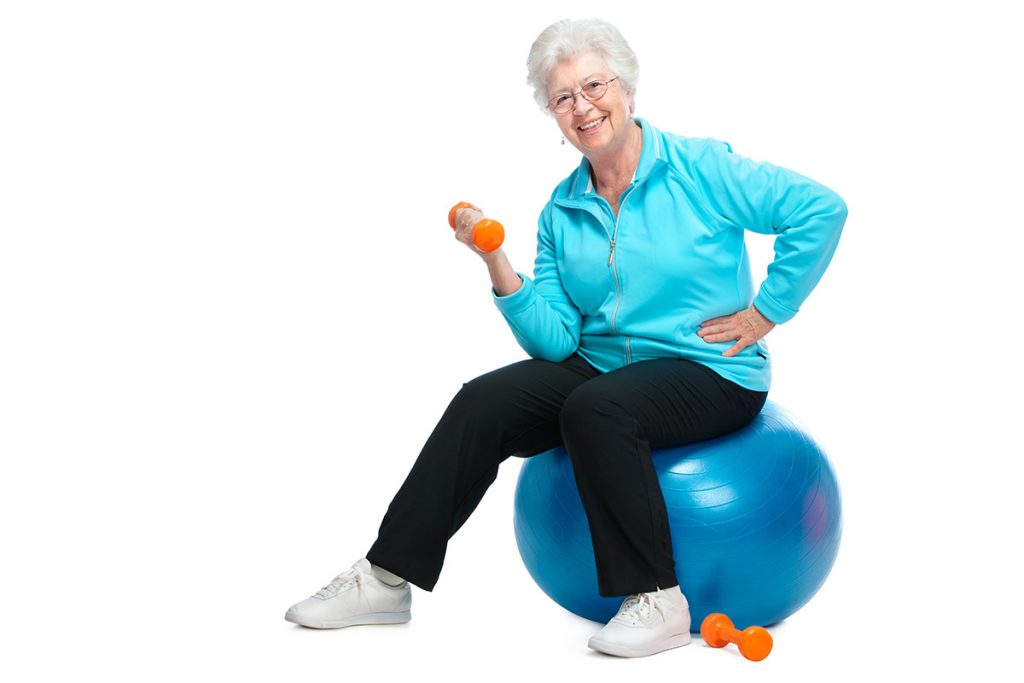
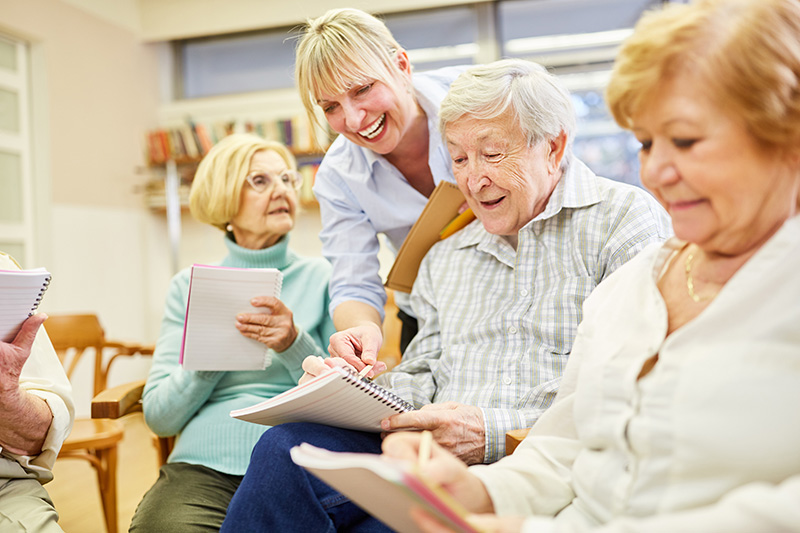
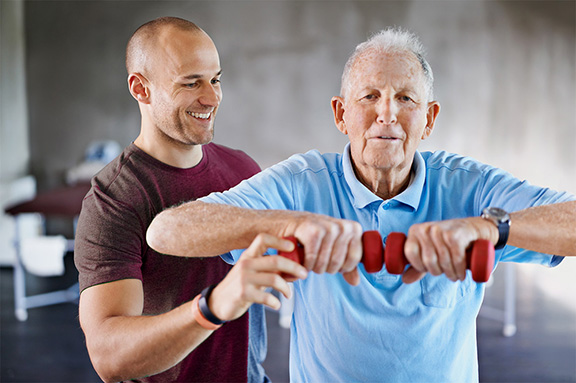
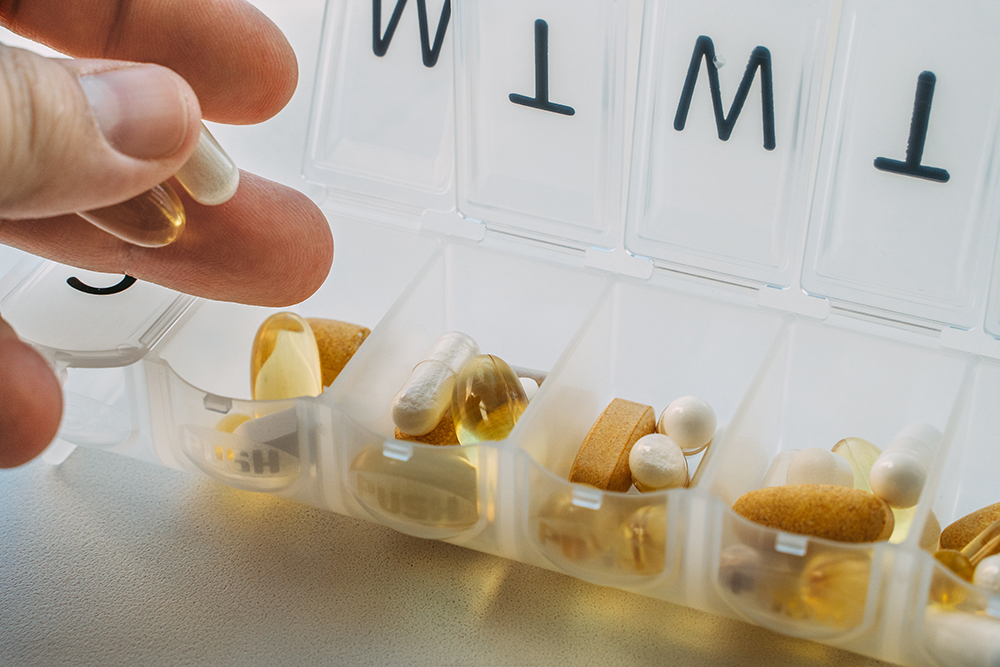
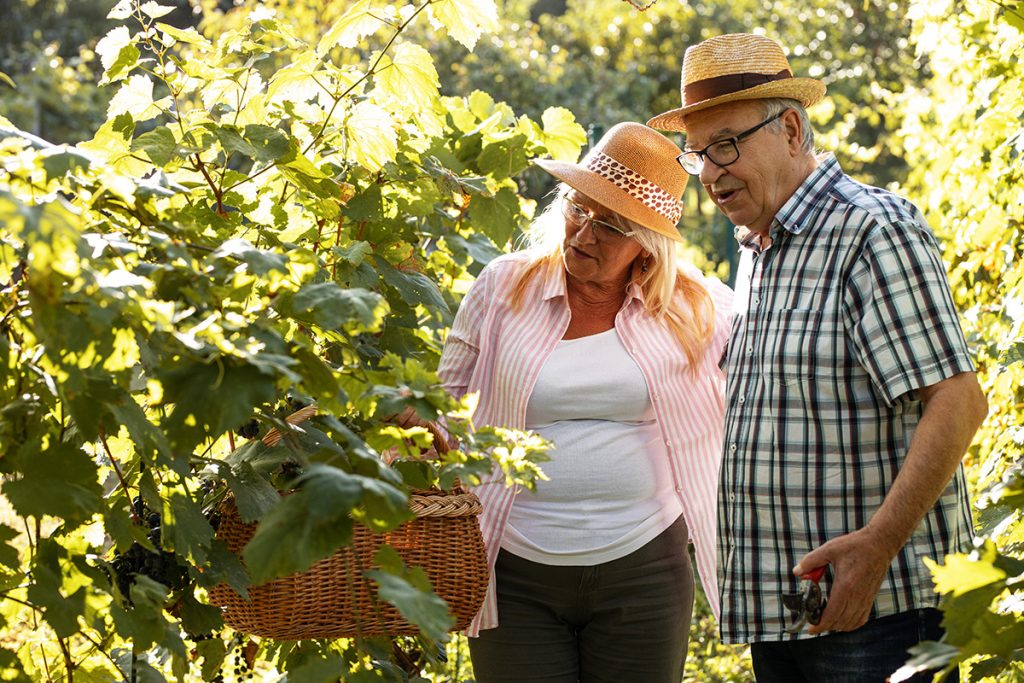



Comments are closed.